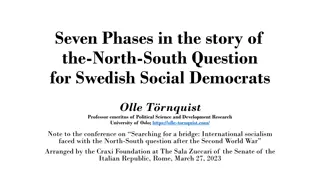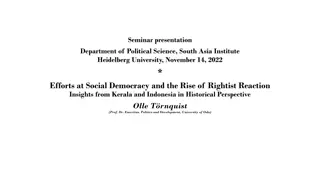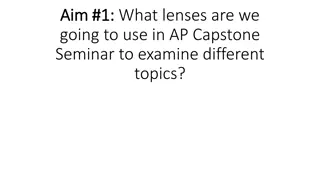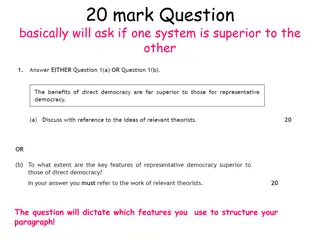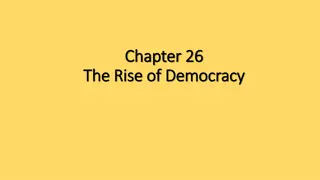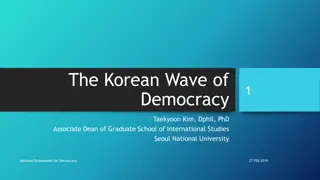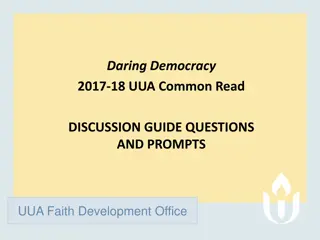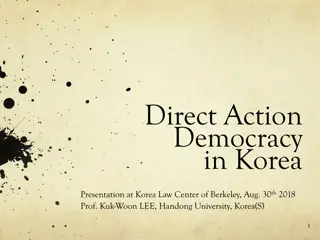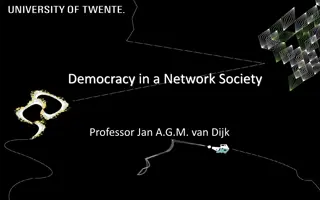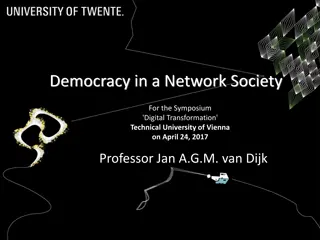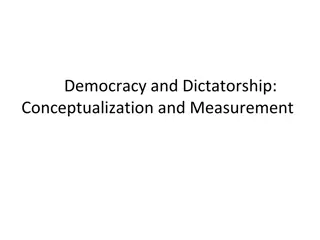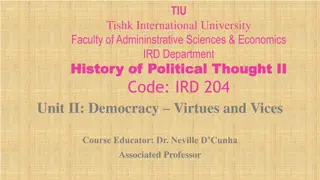
Understanding Democracy: Origins, Principles, and Types
Explore the concept of democracy, its origins from Greek words Demos and Kratos, key principles like sovereignty, rule of majority, and types such as direct and liberal democracy. Learn about the essence of democracy and its significance in governance.
Download Presentation

Please find below an Image/Link to download the presentation.
The content on the website is provided AS IS for your information and personal use only. It may not be sold, licensed, or shared on other websites without obtaining consent from the author. If you encounter any issues during the download, it is possible that the publisher has removed the file from their server.
You are allowed to download the files provided on this website for personal or commercial use, subject to the condition that they are used lawfully. All files are the property of their respective owners.
The content on the website is provided AS IS for your information and personal use only. It may not be sold, licensed, or shared on other websites without obtaining consent from the author.
E N D
Presentation Transcript
Democracy is a form of government where representatives hold elect their representatives through voting and these elected representatives hold the power. power. Citizens
Democracy is derived from the Greek words, namely Demos , and Kratos .Demos has the meaning of the people or audience, while Kratos has the meaning of government. There are several definitions of democracy according to experts, as follows: 1. Abraham Lincoln defined democracy as a system of government of the people, by the people, and for the people. 2. Aristotle defines democracy as the freedom of every citizen.
Sovereignty with the people States and Government are considered mean Faith in the Rationality of man Liberty Equality Fraternity Provision of Fundamental Rights Independent and impartial Judiciary
Rule of Majority Respect of public Opinion Faith in Peaceful and Constitutional Method Respect of opposition Open Competition for Political Power Periodic Elections Independent means of Propaganda Rule of Law Decentralisation of power
Direct Democracy Communistic Democracy Indirect Democracy TYPES OF DEMOCRACY Liberal Democracy

